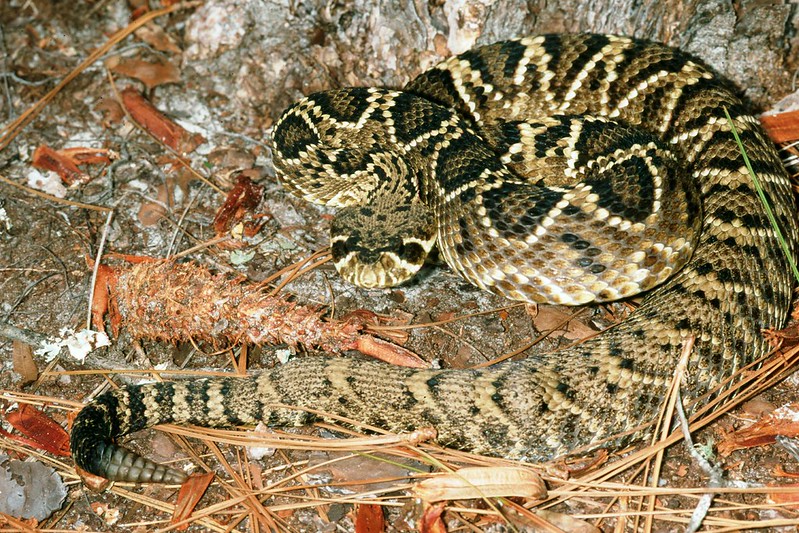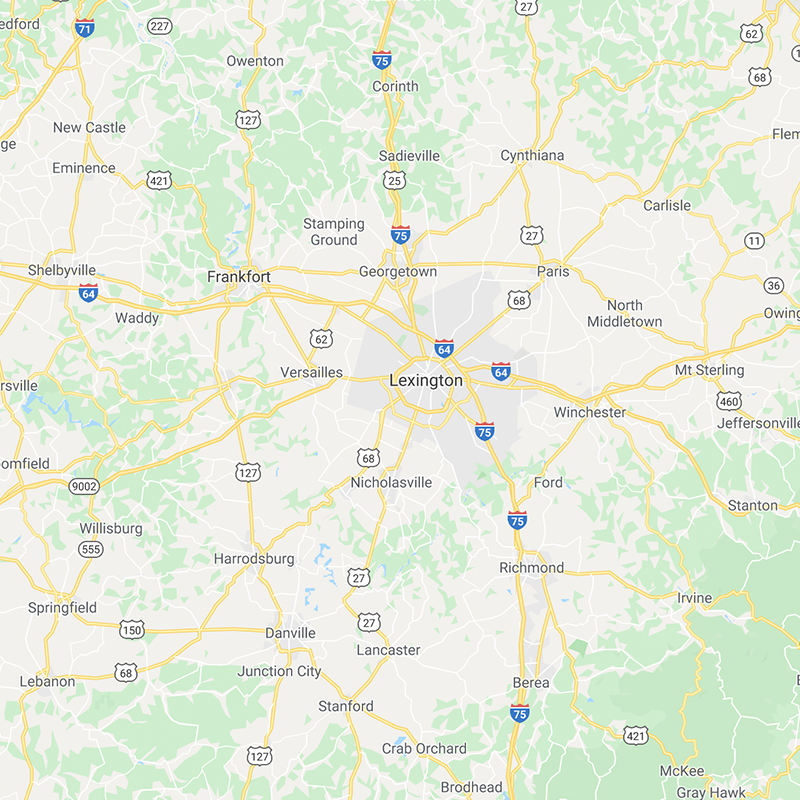Rattlesnakes are some of the most fascinating creatures on the planet. They inspire fear in some, and awe in others. There are many different types of rattlesnakes, and each has its own unique set of characteristics. Learning more about rattlesnakes can help you to better understand and appreciate these scary yet amazing creatures.
What Are Rattlesnakes?
Rattlesnakes are a type of venomous snake that is found in North America. They are easily recognizable by their rattle, which is used to warn predators and prey of their presence. There are many types of rattlesnakes, and each has its own unique appearance and behavior.

Classification of Rattlesnakes
Rattlesnakes can be found in different parts of the country. They generally live near water or wetland habitats like swamps, marshes, and riverbanks. Rattlesnakes are part of the kingdom Animalia, Phylum Chordata, and Class Reptilia. They are all part of the order Squamata which includes reptiles that have scales.
Rattlesnakes are part of the clade Ophidia, which also includes all kinds of snakes. Rattlesnakes, like other snakes, belong to the suborder Serpentes. This suborder contains two infraorders, Alethinophidia and Scolecophidia. Rattlesnakes are in the infraorder Alethinophidia, which includes all venomous snakes, while Scolecophidia only has a small number of blind snakes.
The infraorder Alethinophida is divided into several superfamilies. Rattlesnakes are in the family Viperidae, which includes all vipers, the most venomous type of snake. Within Viperidae, there are 3 subfamilies: Crotalinae, Viperinae, and Azemiopinae. Rattlesnakes are in the subfamily Crotalinae, which includes pit vipers.
In the Crotalinae family, there are two genera: Sistrurus and Crotalus. Genus Crotalus has a much bigger range, numbering from 30 to 60 species, while Sistrurus only has 3 species. The Pygmy Rattlesnake, the Massasauga rattlesnake, and Mexican massasauga.
The Different Types of Rattlesnakes
There are different ‘rattlesnake species’ with a few classified as venomous and the rest simply being considered non-venomous. Here are some of the common types of rattlesnakes:

The Eastern Diamondback Rattlesnake
Eastern diamondback rattlesnakes (Crotalus adamanteus) can be found in the southeastern United States. They are one of the heaviest venomous snakes in the world weighing an average of 34 pounds. They have a distinctive diamond-shaped pattern on their back and are usually a gray or light brown color.

The Western Diamondback Rattlesnake
Western diamondback rattlesnakes (Crotalus atrox) are found in the southwestern United States. They are lighter in color than their eastern counterpart and have more of a brownish hue. They are also the most common rattlesnake in the United States and are responsible for the highest number of venomous snake bites.
The Timber Rattlesnake
Timber rattlesnakes (Crotalus horridus) are found in the eastern United States and are a common sight in Minnesota. They get their name from the fact that they like to live in forests near water. They are small pit vipers that generally weigh 3-5 pounds. They have a black or dark brown coloring with light stripes down their back.

The Mojave Rattlesnake
Mojave rattlesnake (Crotalus scutulatus) is found in the southwestern desert from the name itself, the Mojave Desert, California. It is also seen in Central Mexico. It has a light brown or tan coloring with dark blotches along its back. They are heavy-bodied snakes with heat-sensing pits between their eyes and nostrils.
Mojave rattlesnakes are most known for their aggressiveness and for being one of the most venomous snakes in North America.

The Massasauga Rattlesnake
This rattlesnake (Sistrurus catenatus) is found all through North America. It is also found in the south-central United States and Northern Mexico. The massasauga is a small pit-viper rattlesnake that only grows to be about 2-3 feet long. They have a gray or light brown coloring with dark black markings.
Massasauga rattlesnakes have a pit on each side of their head which helps them sense heat. They often don’t rely on their rattle to warn predators and people away and will instead vibrate their tails when threatened.

The Pygmy Rattlesnake
This rattlesnake (Sistrurus miliarius) is found in the southeastern United States. It is the smallest, but a thick, rattlesnake in North America and only grows to be about 18-24 inches long. Their body color can be light or dark gray. They have a black nose and small rattles on the end of their tail.
Pygmy rattlesnakes are divided into three subspecies, and they are all found in the southeastern United States. These rattlesnakes mostly lived in pine forests and near water. They are poisonous snakes, but their venom is not considered very potent as they don’t produce much.

The Prairie Rattlesnake
The prairie rattlesnake (Crotalus viridis) is the most common rattlesnake in North America and can be found in almost every state. They are light brown or gray with a series of dark, zigzag stripes running down their back. Their greyish-white belly has a series of black spots.
Prairie rattlesnakes are the largest of the rattlesnake species in North America and can grow to be up to 4 feet long. They have a wide head with deep pits on either side, which help them sense prey or danger.
Mexican West Coast Rattlesnake
Mexican west coast rattlesnakes (Crotalus Basiliscus) are found in the Baja California Peninsula and the state of Sonora. They are often found near grasslands. They have a black or dark brown coloring with light bands down their back. They are one of the largest rattlesnakes in the world, reaching up to 5 feet in length.
Mexican west coast rattlesnakes are not as aggressive as some of the other rattlesnake species and will often try to avoid a confrontation. They are venomous snakes, but their venom is not considered very potent.

The Horned Rattlesnake
Horned rattlesnakes (Crotalus cerastes) are known for their horns, which are actually just small scales that project from the back of their head, and help gives protection to their eyes. They are light brown or gray with dark bands down their back. They can be found in the southwestern United States and in Northern Mexico.
Horned rattlesnakes are small-sized pit-viper rattlesnakes. They are one of the most venomous snakes in North America. They are also known for their sidewinding motion, which helps them move easily through sand and loose soil.
Santa Catalina Rattlesnake
The Santa Catalina rattlesnake (Crotalus catalinensis), also called the black-tailed rattlesnake, is found on Santa Catalina Island off the coast of southern California. They are unique rattlesnakes as they cannot produce the “rattle” sound that the other rattlesnakes make. These rattlesnakes are on the endangered species list due to habitat loss.
Southern Pacific Rattlesnake
The Southern Pacific rattlesnake (Crotalus helleri) is found in the western United States. They are light brown or gray with dark bands down their back. They can be found near water and in rocky areas.
Southern Pacific Rattlesnakes are large snakes, reaching up to 6 feet long. They are one of the most venomous snakes in North America. Their toxin attacks nerve endings and contains myotoxins and hemotoxins that can cause serious organ and tissue damage.
Conclusion
Rattlesnakes have always inspired fear in people, but they are fascinating creatures. And though rattlesnake bites can be deadly, they are not as common as one would think.
Learning more about these types of rattlesnakes will help people be more aware and understand these snakes better. So instead of feeling scared or threatened, we can appreciate these creatures for the unique and amazing animals that they are.
Frequently Asked Questions About Rattlesnakes
What is the most common rattlesnake?
The most common species of snake in North America are the timber rattlesnake and prairie rattlesnake. All three of these snakes have ranges that cover much of the continent. These rattlesnakes are so-called pit vipers. They have a heat-sensing pit on each side of their head between the eye and the nostril.
How many species of rattlesnakes are there in the US?
There are 32 species of rattlesnakes and 83 subspecies that fall into two genera. Rattlesnakes can be found in North America, Central America, South America, and some islands in the Caribbean. They are a part of the pit viper family which also includes copperheads and water moccasins.
What is the biggest rattlesnake?
The Eastern diamondback rattlesnake is the largest type of rattlesnake. It can grow up to eight feet long and weigh up to fifteen pounds. This snake is found in the southeastern United States, and it is considered to be the most dangerous snake in North America.
What is the most venomous rattlesnake?
The Eastern diamondback rattlesnake is the largest and most venomous snake in North America. The snake has a black body with a series of white diamond-shaped markings down its back. It gets its name from the small, diamond-shaped scales on the back of its head.
What state has the most rattlesnakes?
Rattlesnakes are found in almost every part of the United States, but they’re especially common in the Southwest. States like Texas, Arizona, and New Mexico have the highest populations of rattlesnakes.
Originally published on https://aaacwildliferemoval.com/blog/snakes/different-types-of-rattlesnakes/





